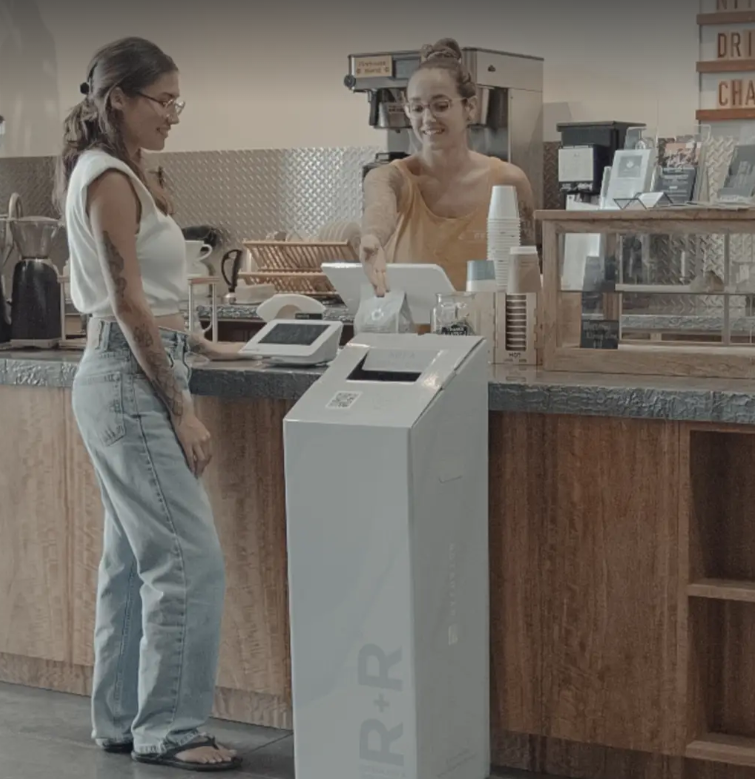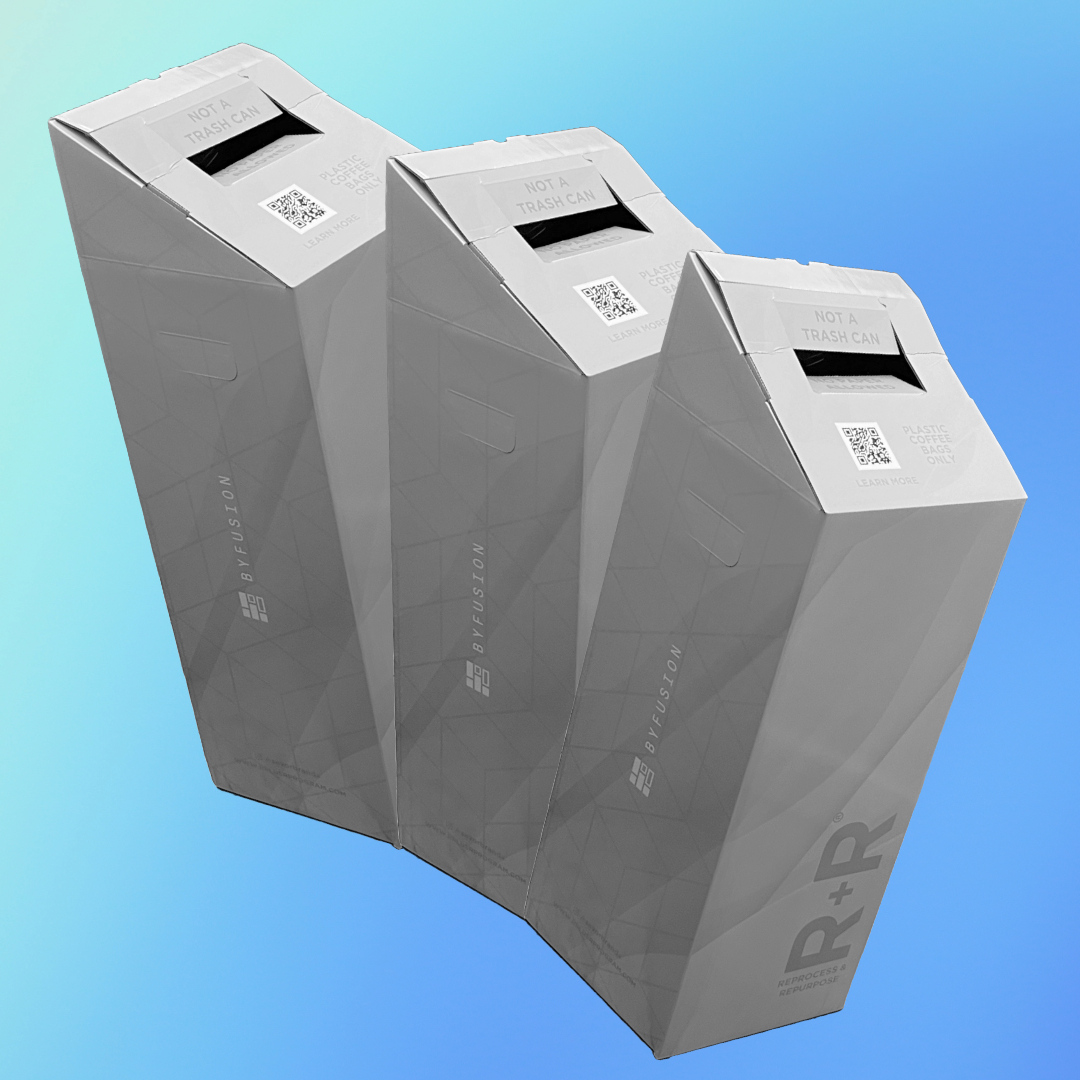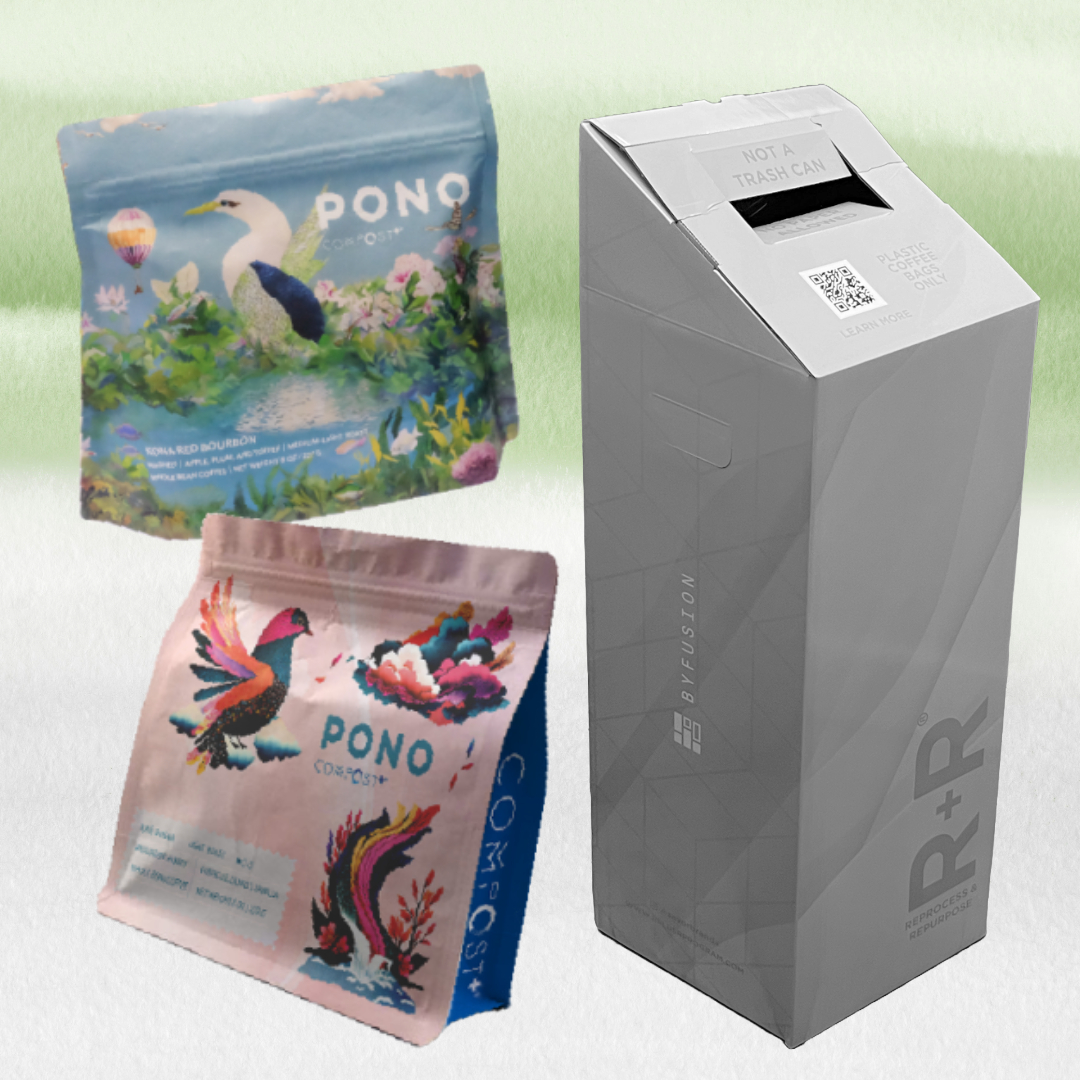This incredible achievement offers a transformative solution to one of the biggest challenges in sustainable packaging: the recycling of multilayer films, which are widely used in packaging but extremely challenging to recycle due to their complex composition. This innovation from HT is a game-changer, transforming difficult-to-recycle materials into valuable infrastructure products while making a significant impact in reducing plastic waste in landfills.
What Makes Multilayer Films So Challenging?
Multilayer films are known for their durability and barrier properties, which make them ideal for packaging and protecting goods. However, their structure – made up of multiple layers of different materials such as polyethylene (PE), polypropylene (PP), polyvinyl chloride (PVC), and barrier elements like aluminum or EVOH – makes these films difficult to recycle. Each layer serves a purpose, from moisture resistance to strength, but they’re tightly bonded, which complicates separation and recycling.
Previously, HydroBlox products used around 30% recycled multilayer film. Now, they have advanced to using 100% multilayer film as their feedstock, relying on post-consumer and post-industrial sources. This monumental shift not only reduces HT’s environmental footprint but also addresses critical challenges in recycling these materials:
- Separation Complexity: The unique layers in multilayer films are costly and difficult to separate mechanically, hindering effective recycling.
- Contamination Risks: Multilayer films, especially those from food and consumer packaging, require extensive cleaning to remove residues and maintain high-quality recycled materials.
- Lack of Universal Recycling Processes: Due to the diverse materials in these films, a single recycling process isn’t effective. While chemical recycling shows promise, it’s still emerging.
- Low Economic Appeal: Recycling multilayer films is costly, making them less attractive compared to single-material plastics.
- Limited Market Demand: Recycled multilayer films generally have lower quality and limited applications compared to virgin materials, affecting their market potential.
- Provides a practical solution for difficult-to-recycle materials
- Reduces plastic waste sent to landfills
- Supports a circular economy by repurposing materials into infrastructure
- Sets a new industry standard for sustainable recycling





